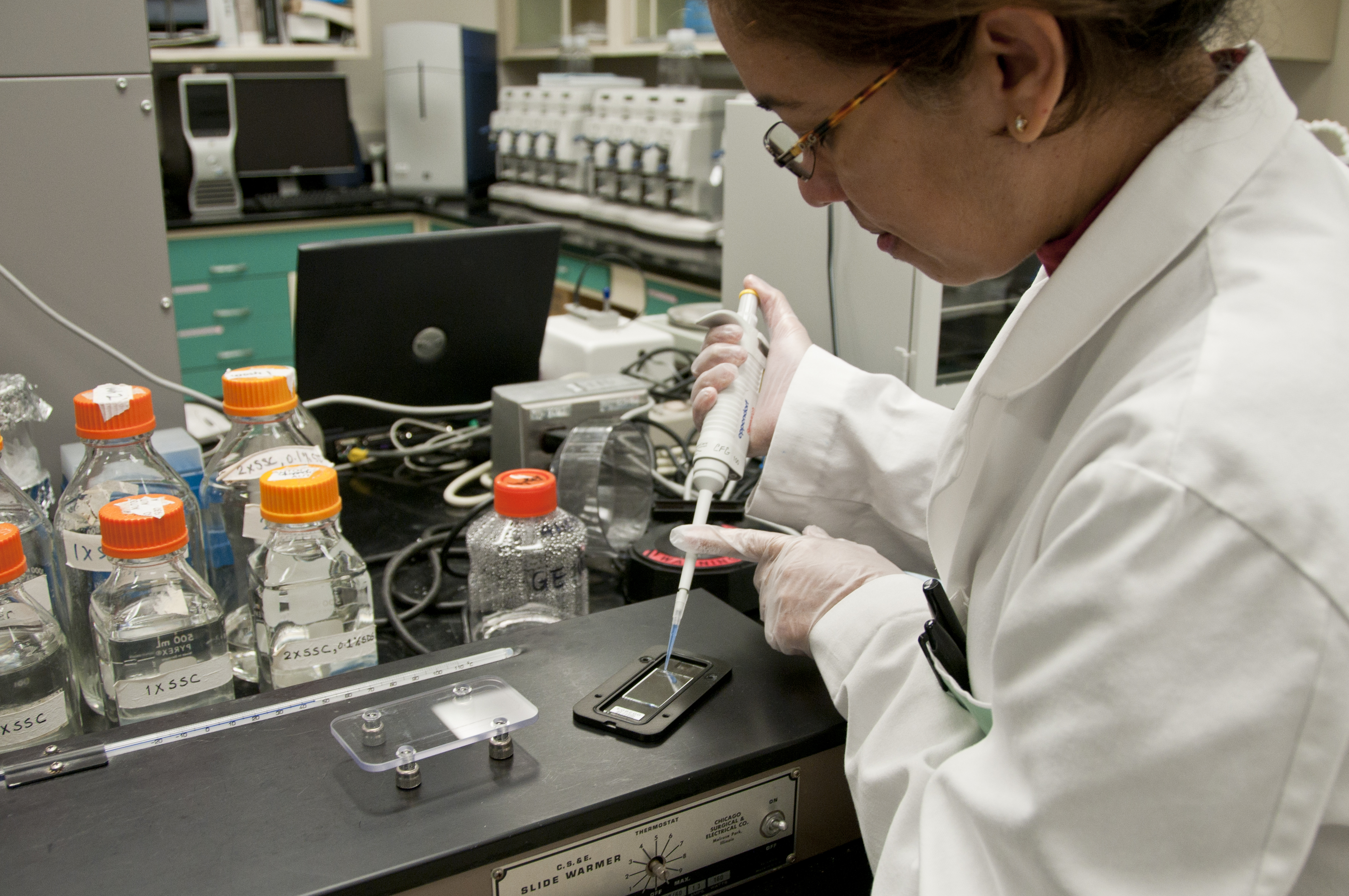
Photo from academic.microsoft.com
Background: During the past few decades there has been a growing interest on the part of many governments in the creation of biobanks. Nevertheless, this would be impossible without participation… Click to show full abstract
Background: During the past few decades there has been a growing interest on the part of many governments in the creation of biobanks. Nevertheless, this would be impossible without participation of many donors who offer samples of their biological material for scientific research. Therefore, the aim of this paper is to provide an overview of the existing research on social attitudes towards biobanking. Material and Methods: A literature search was conducted in the database of MEDLINE (PubMed). 61 papers were included in the analysis. The retrieved articles were assessed using a thematic analysis. Results: Eight main themes were identified: (1) public knowledge about biobanks, (2) public views on biobanking, (3) willingness to donate, (4) donors’ motivations, (5) perceived benefits and risks of biobanking, (6) preferred type of consent, (7) trust toward biobanks, and (8) demographic characteristics of potential donors. Conclusions: Although the public lacks knowledge about biobanking, many individuals declare willingness to donate. Their will is influenced by: their knowledge about biobanking, the type of donated tissue, research purpose, concerns over the safety of the data, preferred type of consent, and trust towards biobanks.
Journal Title: International Journal of Environmental Research and Public Health
Year Published: 2019
Link to full text (if available)
Share on Social Media: Sign Up to like & get
recommendations!